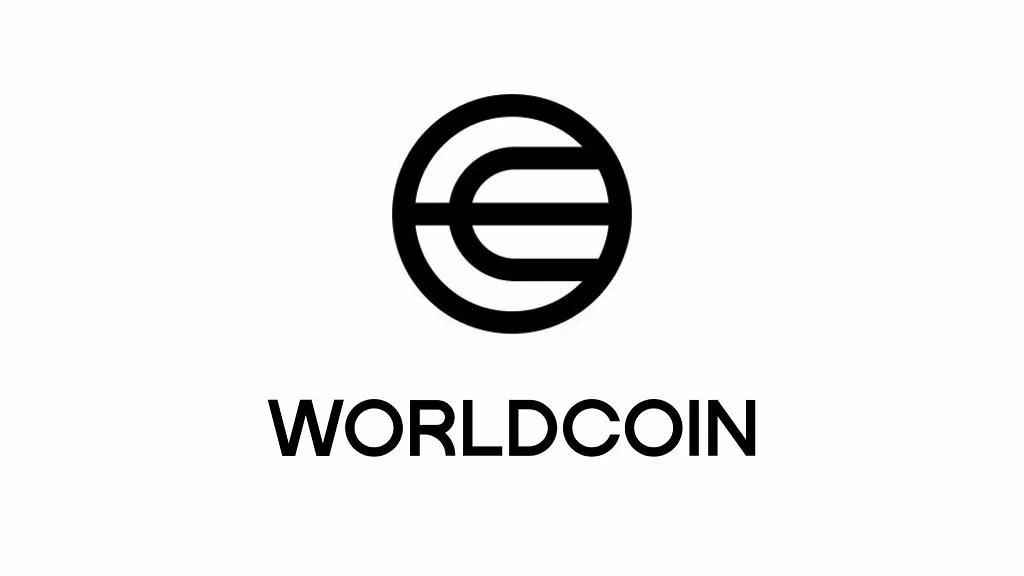Worldcoin Hits 1 Million Daily Users Milestone
Over the past two weeks, WLD's price has tripled, demonstrating the growing investor confidence and enthusiasm surrounding the Worldcoin ecosystem.

Worldcoin, the innovative project aiming to address deepfake concerns through its digital identity protocol, has achieved a significant milestone, surpassing 1 million daily users on its World App. This remarkable feat was announced by Worldcoin via a tweet on February 17, highlighting the consistent growth trajectory of its application since November.
World App, the first wallet built for the Worldcoin project, passed 1M daily users this week. This community is incredible 🫡 pic.twitter.com/Mf6Y51gscQ
— Worldcoin (@worldcoin) February 17, 2024
Notably, Worldcoin's native token, WLD, has experienced a surge in value, reaching a new high of nearly $8 before retracing to $6.75. The token's remarkable performance positions it as the strongest-performing asset among the top 100 cryptocurrencies over the past week, with a remarkable 155% surge in value, according to CoinGecko.
The recent momentum behind WLD's price surge has been attributed to the impending launch of Sora, an advanced text-to-video artificial intelligence model developed by OpenAI, led by Worldcoin's co-founder, Sam Altman. Sora's unveiling on February 15 has generated significant excitement within the crypto community, further fueling interest in WLD.
Over the past two weeks, WLD's price has tripled, demonstrating the growing investor confidence and enthusiasm surrounding the Worldcoin ecosystem.
However, amidst the rally, attention has also been drawn to the significant holdings of early Worldcoin investors, including contentious entities within the web3 sector. Arkham Intelligence data reveals that Teneo, tasked with liquidating assets from the insolvent venture capital firm Three Arrows Capital, currently holds 75 million WLD, valued at $513 million. Additionally, Spot onChain data shows that Alameda Research, affiliated with the failed centralized exchange FTX, holds 25 million WLD, worth $171 million.
Despite its impressive growth and user adoption, Worldcoin has faced scrutiny and controversy since its mainnet launch in July. The project's mission to combat deepfakes through a digital identity protocol, which involves retina scanning for identity verification, has raised concerns among observers.
Although Worldcoin emphasizes the security and privacy of its protocol, with retina images being deleted after iris codes are created, skepticism persists. Moreover, the project has encountered regulatory hurdles, including investigations by national regulators such as the Hong Kong Privacy Commissioner's Office, highlighting the challenges in navigating privacy and compliance issues in various jurisdictions.
As Worldcoin continues its journey to revolutionize digital identity and combat deepfakes, it remains to be seen how it will address regulatory concerns while maintaining its growth trajectory and commitment to user privacy and security.




